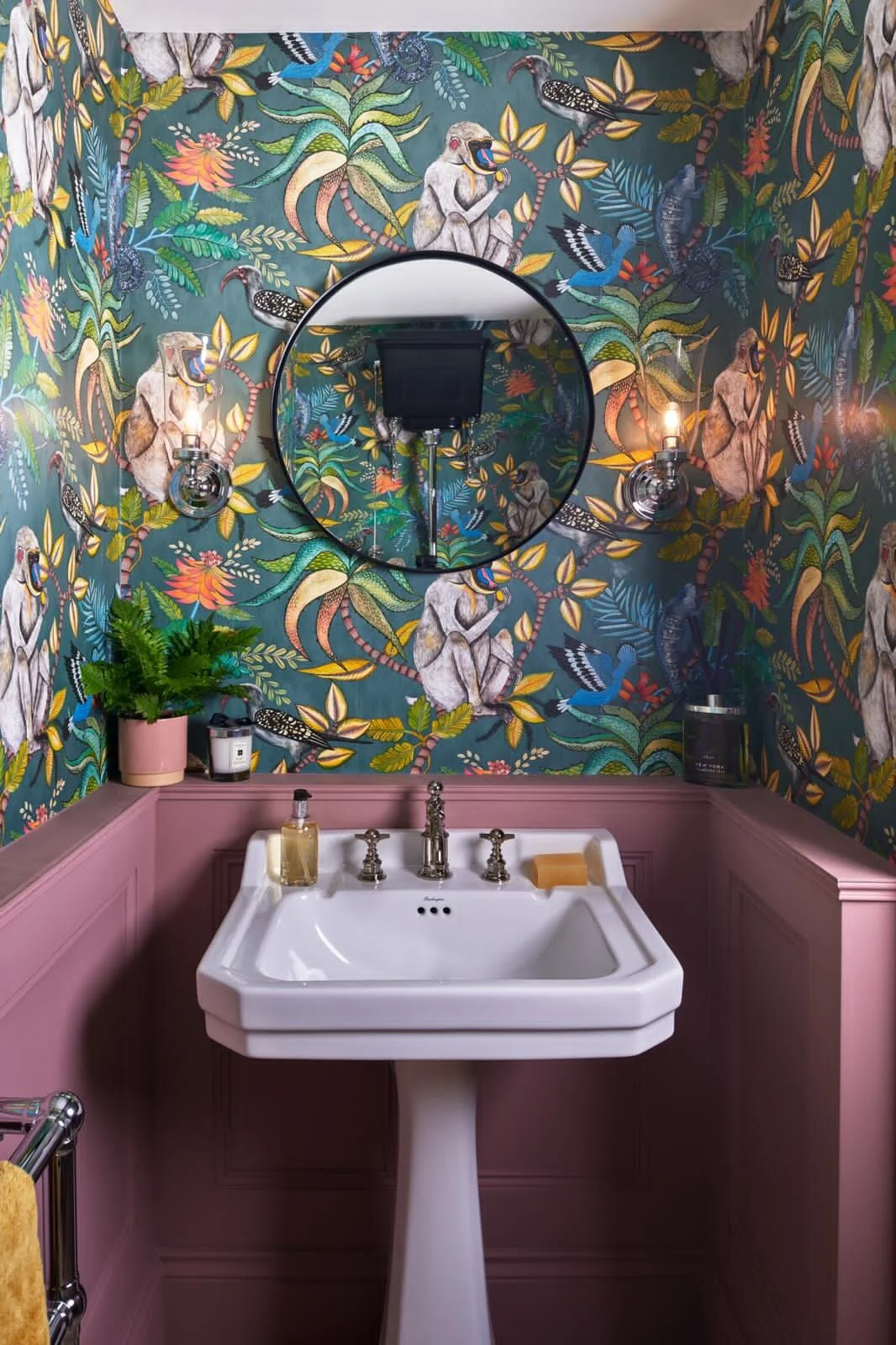If anyone out there is in the midst of redecorating, you’ll be all too familiar with the sea of possibilities when it comes to paint. From brand to colour, coverage to finish; the options are seemingly endless. With the Easter bank holiday fast approaching, there might be a few days dedicated to decorating on the cards. If you’re anything like me, your myriad of colour swatches have moved around the room more times than you can shake a stick at. It’s taken a while, but I can safely say I’ve found the perfect plum. So now its time to consider the finishing touches. Here we are, to help you with just that.
Which finish you choose will affect how the paint looks and how it performs. Heavy traffic areas such as hallways or playrooms will need something more durable; able to resist chips and scratches from school bags or little hands leaving smudge marks. A satin finish is easy to clean, easy to apply and multi-talented. Its middle position between gloss and matte means it’s pretty versatile; it can be used on walls and woodwork no problem. Painted areas in kitchens and bathrooms will need a similar level of durability. A satin finish has a higher resistance to moisture and will protect surfaces in areas of high condensation or humidity. Compared to an eggshell or matte finish, satin does have a slight sheen. It won’t reflect light in the same way a gloss or semi-gloss will but when the light does catch it, it almost looks velvety. Consider the location and type of surface you’re painting and the level of sheen you’re happy with. Generally satin is avoided on ceilings or walls in direct sunlight because of this. One last factor is the quality of the surface you’re covering. If your wall isn’t super smooth, satin will not disguise imperfections as well as a flatter finish would.
To compare, an eggshell finish has a subtler glow. It will still bounce light around a room but its sheen is softer. Typically you would use this finish in living rooms, dining rooms and bedrooms; areas with a little less traffic but still needing a level of resilience. It can still be easily cleaned and will hide imperfections to better effect than a satin finish would. Many regard an eggshell finish as the most universal option; easy to maintain and reflective enough to add depth to the room. Again due to its slight sheen, it is generally avoided on ceilings but this is all down to personal preference.
Matte paint finishes as the name suggests, are matte in texture and flatter in appearance. They absorb light as opposed to reflecting it, so surfaces appear smoother and it’s great at covering imperfections. With little to no sheen, some love the look of this chalkier finish. It may not require as many coats but it’s not as durable or easy to clean when faced with general wear and tear. Matte finishes on a ceiling however; perfection.



